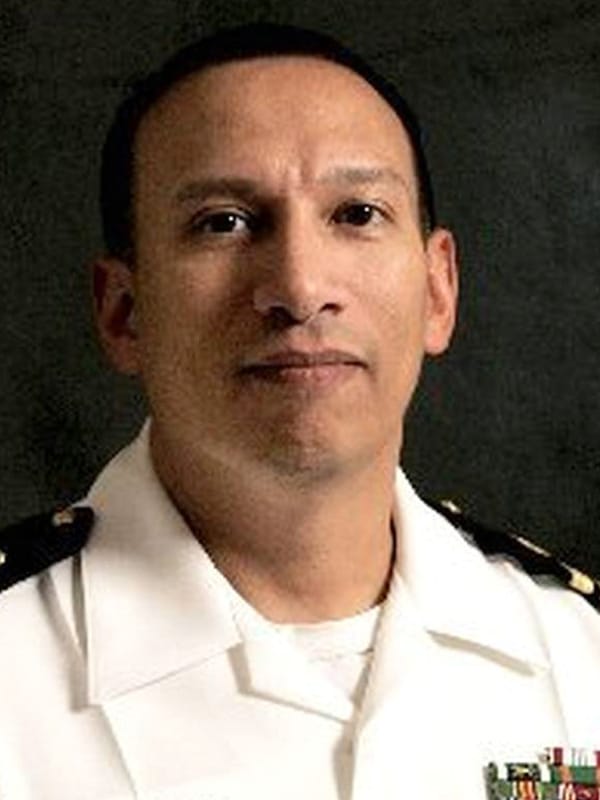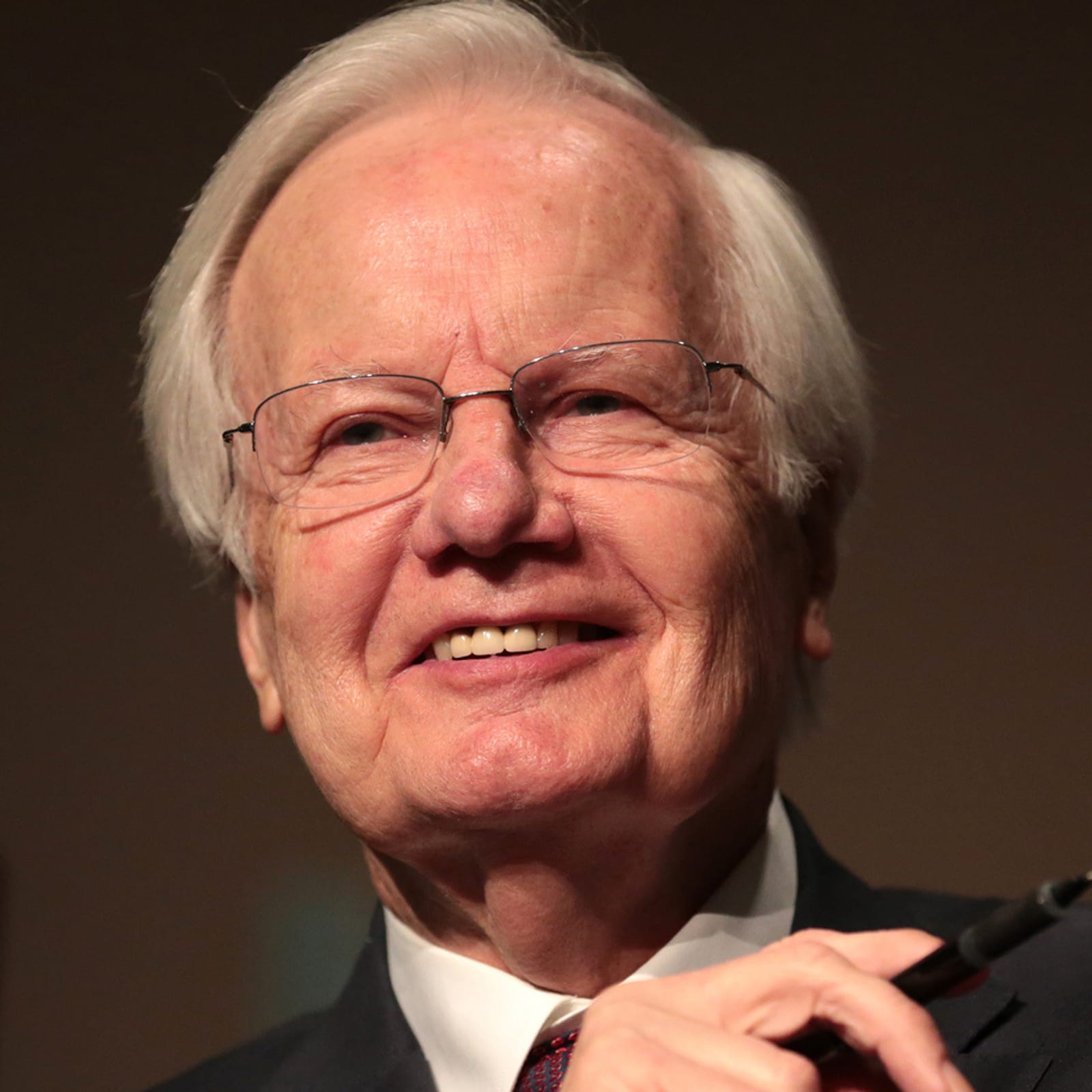- Truth-Telling Prize Recipient, 2008

- Truth-Telling Prize Recipient, 2008
Lt. Cmdr. Matthew Diaz, 42, dropped out of high school and joined the Army as a 17-year-old recruit. While in the Army, he earned a GED, an associate’s degree in law-enforcement studies and a bachelor’s degree in criminology. After leaving the Army to earn his law degree, he joined the Navy’s Judge Advocate General’s Corps. Diaz was close to a promotion when his superior at a training base north of Chicago—who described him as “a stellar leader of unquestionable integrity”—recommended him for a six-month tour of Guantánamo Bay. One week before he arrived in Cuba, the Supreme Court ruled (Rasul v. Bush, June 29, 2004) to uphold prisoners’ rights to challenge their incarceration under the Fifth Amendment of the U.S. Constitution and the Third Geneva Convention.
In response to the court’s decision, the military created a new system of parole-type review boards called Combatant Status Review Tribunals. Diaz, skeptical, said in a 2007 New York Times article, “It just didn’t seem right that we were creating this new process that no one really heard of instead of finding a way to let them get into district court.” As the months passed, his frustration grew with the administration’s obstinacy in complying with the ruling; the names of the prisoners weren’t being announced, and there was very little information released about their condition. Only a fraction of the files on prisoner abuse—which he helped compile—was being made public. “I knew that if I didn’t do anything, nobody else was going to,” he said.
So, late one night in January 2005, he logged onto a secure internal database, bringing up prisoners’ names a hundred at a time. For two weeks, contemplating the risks to his career, he kept the list of 551 names and corresponding serial numbers locked in his office safe. On January 14, the night of his farewell party, he enclosed the documents in a Valentine’s Day card and mailed it to a lawyer at the Center for Constitutional Rights.
Diaz hoped that his actions would help lawyers file habeas corpus petitions on the prisoners’ behalf. But after consulting with a judge, the attorney to whom Diaz mailed the list was instructed to turn it over to a federal agent. The card was traced to him, and he faced up to 24 years in prison (if convicted of all charges) for wrongful and dishonorable transmission of classified documents. In May 2007, a jury of military officers convicted him on four of five charges, sentenced him to six months’ confinement and stripped him of his pension. The Navy subsequently decertified him as a JAG officer. Currently, he is on active duty without pay; his case is on appeal and should be heard later this year. Diaz’s license to practice law has also been temporarily suspended. The prisoners’ names were finally released—not when he sent the anonymous card, but 14 months later—due to a Freedom of Information Act request filed by the Associated Press.
“Guantánamo” has become shorthand for the U.S. government’s deviations from constitutional norms in the post-9/11 world. It stands for secret detentions and coercive interrogations and, by extension, unlawful surveillance and more. Matthew Diaz said no. While others were swept away by the passions of the moment and uncritical deference to authority, Lt. Cmdr. Diaz demonstrated independent judgment, fidelity to the Constitution, and uncommon courage. By disclosing the names of prisoners secretly detained at Guantánamo, he broke ranks and he violated the law, and for that he has paid a serious price. But we believe that he also demonstrated a profound loyalty to the United States and its enduring constitutional principles. We therefore honor him with the Ridenhour Prize for Truth-Telling.
More 2008 Prize Winners
One Bold Move, Countless Lives: Empowering Humanity, Changing the World.

